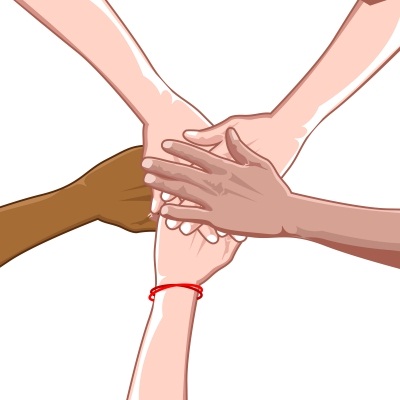Belief in a Changing World Leads to an Increased Openness to Reconciliation
Do you believe that society is dynamic and constantly changing? Or do you see society as mostly stable, with only minor changes occurring over time? Results of a recent study suggest that if you are a member of a community involved in an ongoing, protracted conflict, your responses to these questions may influence how hopeful you are that the conflict will be resolved and how willing you are to support concessions in service of a resolution. In a clever study, researchers approached passengers on a commuter train in Tel-Aviv, Israel with a packet of two surveys presented in such a way that they seemed to be unrelated. The first part was an article describing research on a new “measure of our world’s dynamism.” Participants randomly received one of two versions of these otherwise identical articles and were asked to respond to questions about the article. One version of the article stated that the researchers had found social and political systems to be highly dynamic, while the other reported the opposite – that societies are basically stable. In the second part of the survey, participants were asked to respond to questions regarding how hopeful they were for peace in the Israeli-Palestinian conflict and how supportive they would be of concessions around territorial borders and Jerusalem.The researchers found that simply reading the article that portrayed society as dynamic, rather than stable, significantly increased participants’ hopefulness for peace and willingness to support concessions with their Palestinian neighbors. This suggests that one possibility for gaining support for peace processes in Israel-Palestine and other communities mired in conflict may be facilitated, not by focusing on making the case for peace, but instead by highlighting the dynamic social and political processes already present within society.
Cohen-Chen, S., Crisp, R. J., & Halperin, E. (2015). Perceptions of a changing world induce hope and promote peace in intractable conflicts. Personality and Social Psychology Bulletin, 41(4), 498-512.
